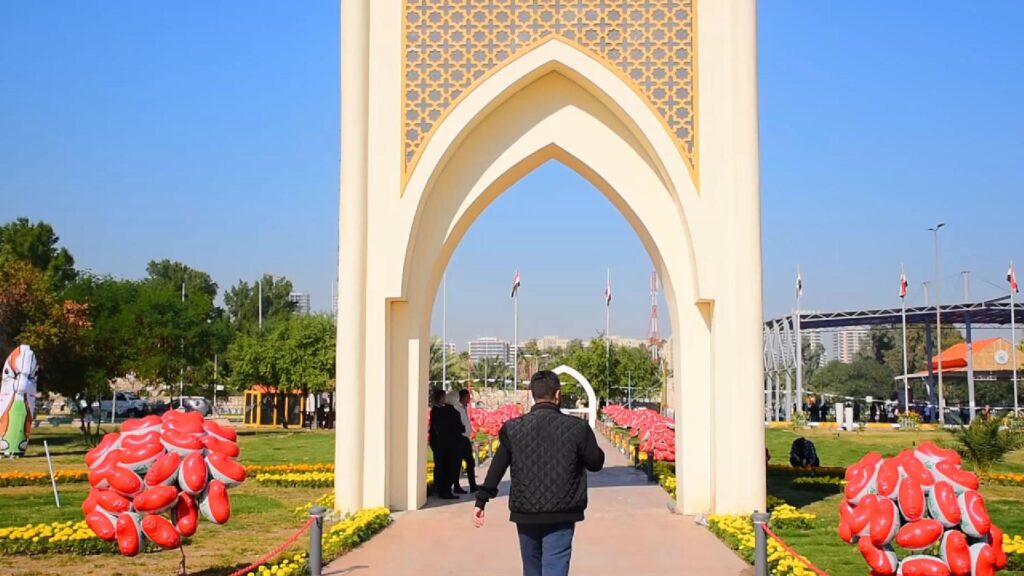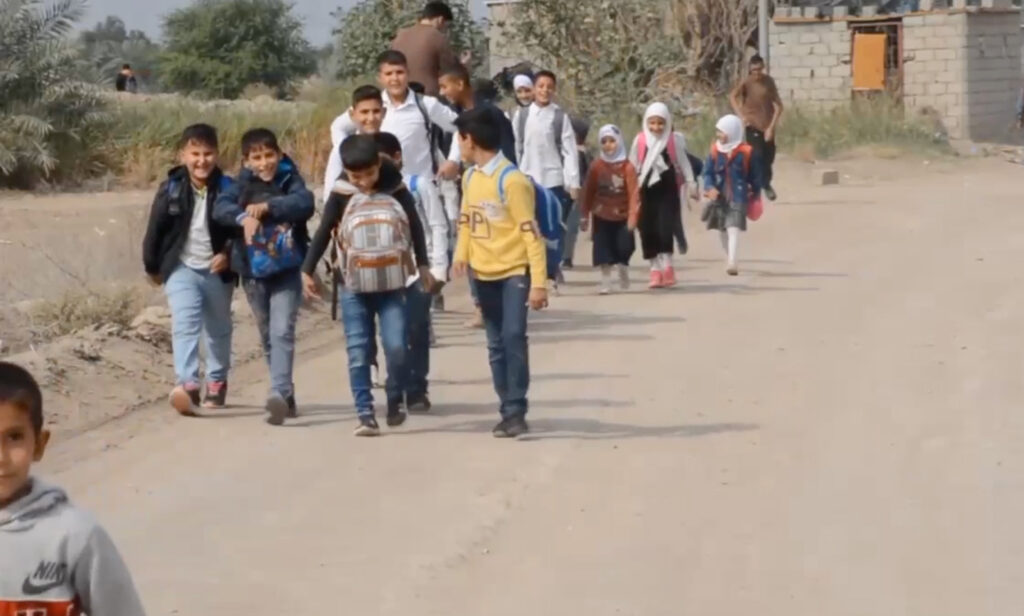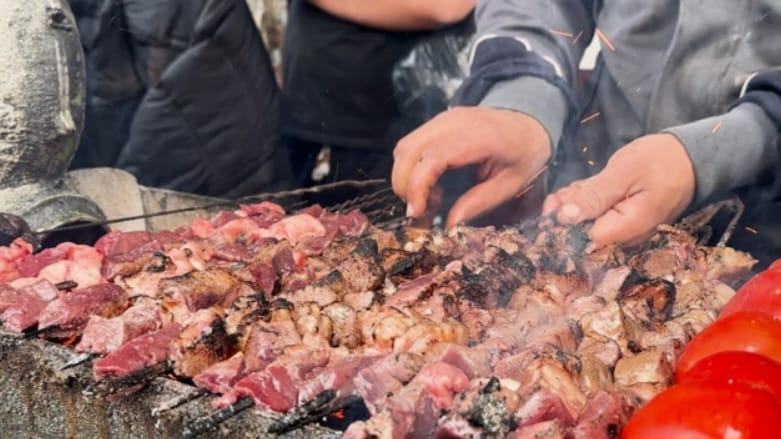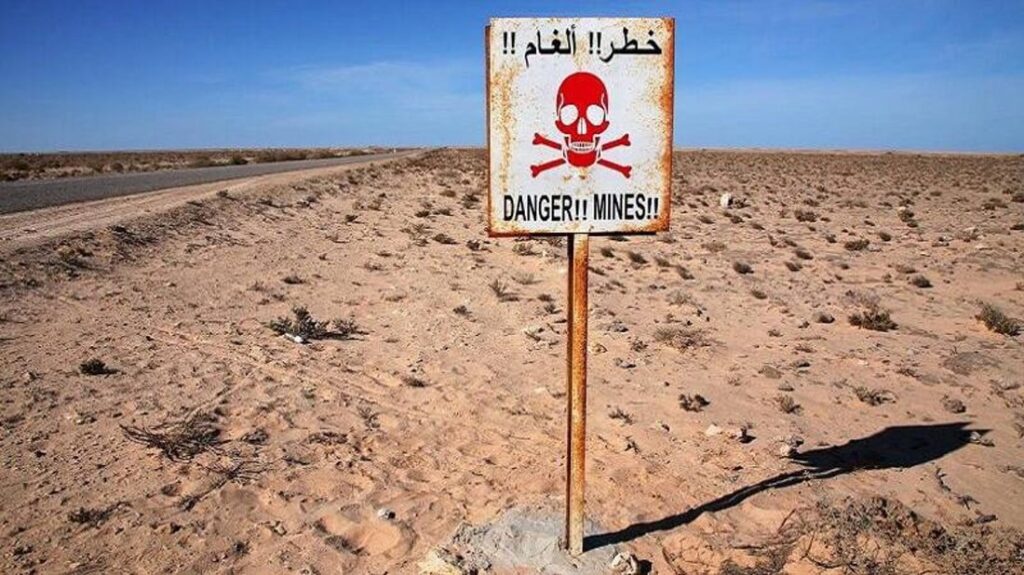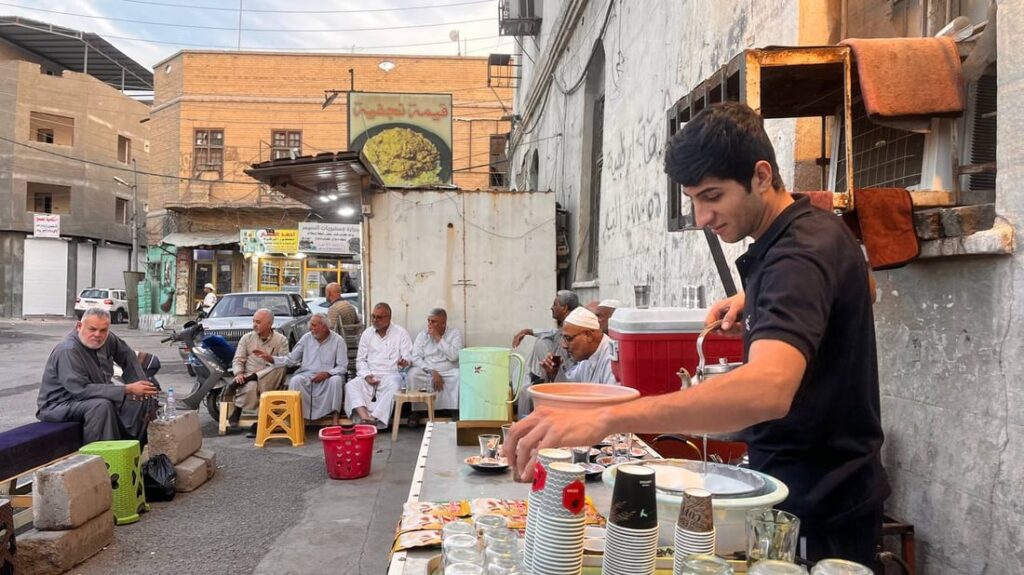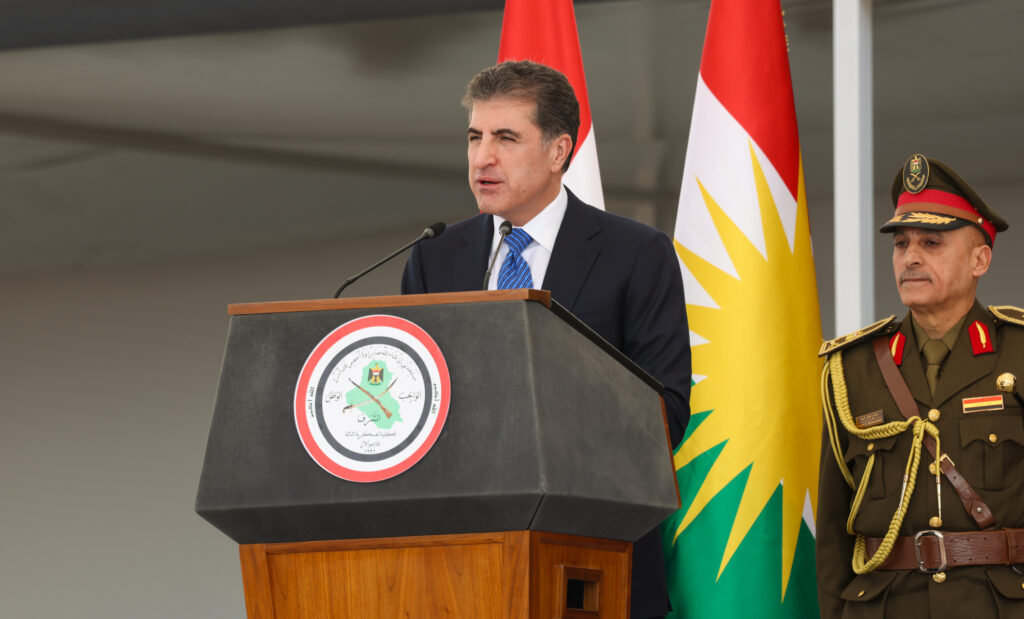Kurdish neighborhoods in Kirkuk overlooked in annual reconstruction plans

ERBIL (Kurdistan 24) – Reconstruction projects for Kurdish neighborhoods in the disputed province of Kirkuk have been overlooked with only two Kurdish areas among the 200 planned infrastructure projects approved by Kirkuk’s provincial council.
Documents attained by Kurdistan 24 indicate that the Kurds, who make up a majority in Kirkuk, are treated as second-class citizens as the neighborhoods they live in are not included in the annual renovation projects.
Sardar Ali, Head of Kirkuk Municipality, told Kurdistan 24 that due to documentation disputes, the city’s provincial council rejected entire Kurdish neighborhoods.
“A majority of the Kurdish neighborhoods have houses that are without Iraqi-recognized documentation. As a result, the entire neighborhood is excluded from utilities and annual projects,” Ali explained.
Most of the homes in the Kurdish neighborhoods do not have official documentation as they were driven out by the previous Iraqi regime under Saddam Hussein. When they returned to their homes after the collapse of the Ba’athist regime, their areas were considered to be part of Article 140 of the Iraqi Constitution.
According to Article 140, the fate of disputed territories between the Kurdistan Regional Government (KRG) and the Federal Government of Iraq requires a referendum to allow people to decide whether they want to be governed by Erbil or Baghdad.
So far, no such referendum has taken place, aside from the Kurdistan Region’s historic independence referendum which took place in September 2017 and included Kirkuk.
Moreover, a majority of the neighborhoods in the contested territories do not have proper waste management, and the roads remain unmaintained, which has caused health issues among the population.
Kurdish citizens who live there have often called on the relevant authorities to provide them with services like water and electricity.
Ali noted that thousands of people who live in those areas had been given basic services over the past years. “It does not make sense not to provide them with proper roads and basic services,” he said.
Kirkuk is an ethnically diverse province, home to Turkmen, Arabs, Christians, and Kurds.
Jamal Mohammed, a citizen in the Shanzay Ab neighborhood, told Kurdistan 24 the people in the area “cannot continue to live like this.”
“We don’t have water, electricity, proper roads, or garbage disposal trucks,” he complained.
“The only reason for the negligence is that there is no Arab or Turkmen living in these neighborhoods; our only crime is being Kurds.”
Kirkuk’s allocated budget for annual renovation projects is over IQD 430 billion (USD 361 million).
According to the bill, the budget is to be spent on rebuilding the electricity sector, completing water projects, creating two silos in Hawija and Dubiz (Dibs), building and renovating schools, and repairing roads.
Editing by Karzan Sulaivany
(Additional reporting by Hemin Delo)

